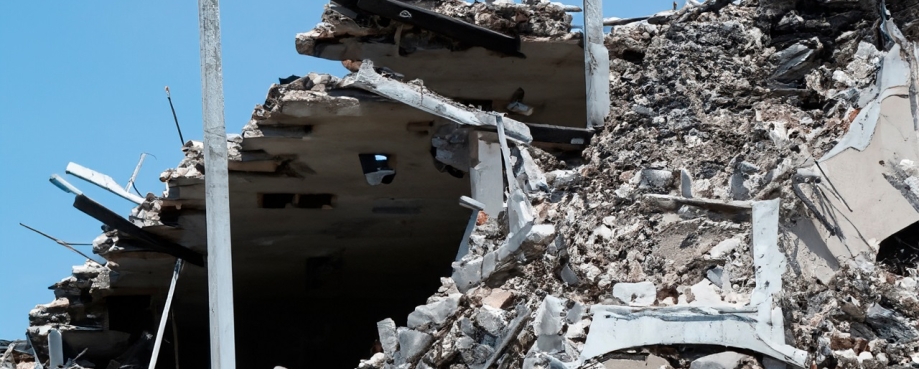
On Friday 8 September, an earthquake of 6.8 magnitude struck south-west Morocco, in the High Atlas Mountains. The earthquake was felt as far away as Portugal and Algeria.
Over 2,800 people were killed and many more injured, with the UN estimating that the disaster has affected 300,000 people. Devastation from the earthquake and aftershock is widespread, with the worst affected areas remote and mountainous, and therefore hard to reach. Many survivors have been sleeping out in the open as homes have turned to dust and roads blocked by boulders or littered with deep holes and cracks.
"Our thoughts and sympathies are with all those affected, as they work to free survivors from the rubble and start to think about rebuilding their lives.”
Peter McAllister, Executive Director, ETI
This country hosts suppliers to all three sectors of ETI company membership; apparel and textile; food fishing and farming; and general merchandise. Morocco is home to farms, factories and mines supplying international brands and large groups of informal workers, who are typically at higher risk of exploitation. While the epicentre of the earthquake was remote, the impacts of this disaster will be far reaching, with significant implications for normal life and business as usual. As search and rescue efforts cease and the humanitarian response increases, business will have a part to play in recovery and support to affected workers and communities.
ETI will be engaging with company, trade union and NGO members to understand the impacts of this catastrophe on workers and supply chains. We encourage all international buyers to play a role in recovery, ensuring they engage and support their affected suppliers, workers, and their representatives.
